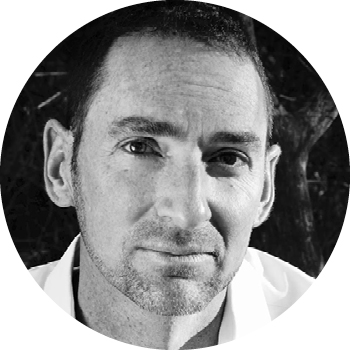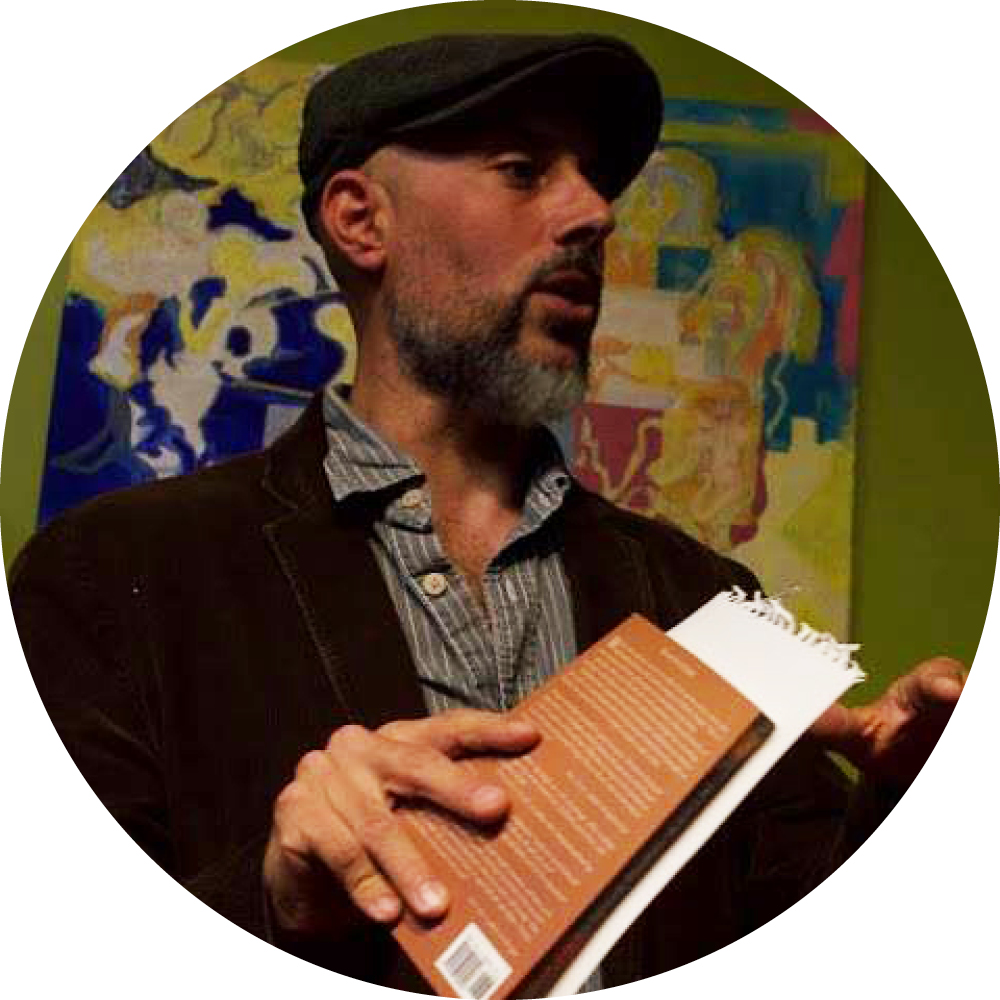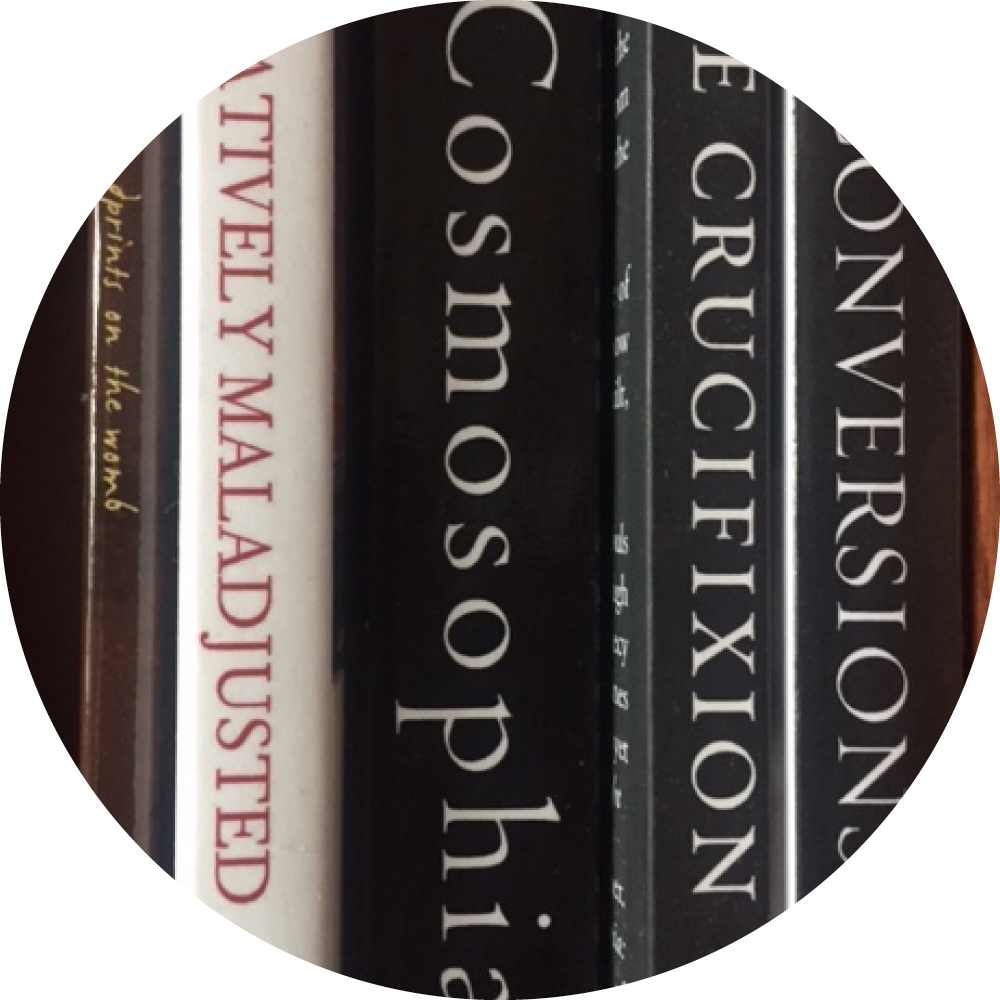School Beyond School:
The Homeschooling Debate
By Seth Biderman
I didn’t read all of the 2698 reader comments on the Washington Post’s summer article on homeschooling (“For many home-schoolers, parents are no longer doing the teaching”), but I read enough to better understand why my family’s plan to take a year of unschooling for our 13-year-old-daughter has been met with raised eyebrows as much as applause.
The article describes the post-pandemic rise of homeschooling coops, a longstanding practice, only today some are more formalized, and receive money from states or pro-school choice foundations. It didn’t seem particularly controversial to me, but the mere mention of homeschooling struck a nerve with many of the commentators. “Homeschooling should be illegal,” they wrote. It is “tragic,” further evidence of the “stupidification” of our nation, and will lead to segregation, indoctrination of a generation, loss of our common identity, and “the downfall of our democracy.” (Not to mention the downfall of grammar: “I wonder,” wrote one reader, “if any of these so-called educators can even diagram a sentence.”)
Odd as it may sound, I felt some allegiance to these homeschool haters and their hyperbolic defense of public education. I attended public schools as a child, and spent twenty years working in them as a teacher, coach and principal. They are far from perfect, but I have seen how they can make a powerful and positive difference in the lives of many children and families. Part of me will always believe in the public school dream, that we will someday create the perfect education system, where loving, skilled professional educators guide kids of all classes and races into becoming the thoughtful, intentional, open-minded adults on which our nation, and our democracy, depends.
Why, then, does my family seem to be turning our backs on public education by yanking out our daughter? Does this mean we are also turning our backs on our nation? On democracy?
Honestly, when we decided to let our daughter create an out-of-school year of learning, we didn’t think much about these big questions. We thought about our daughter. She had done fine in 7th grade, socially and academically, but she was not particularly excited about spending another year shuffling between traditional classes before high school. She longed to explore her own interests – particularly acting and singing, not as extracurricular add-ons but as the curriculum itself. Since she’s proven adept at managing her own time, there are no “credits” to worry about in 8th grade, and my wife and I happen to be working from home at this stage in our careers, it seemed the perfect chance to give her a year off of school and let her drive her own learning.
So far, her year of unschooling has been surprisingly unrevolutionary. She’s built her days around developing her performing arts skills, with the help of an acting and singing coach who comes by twice a week, and is finding her way into interesting projects in social studies (the French Revolution) and science (hurricanes). She misses the social interactions with her friends but seems to be getting enough from her afterschool teams and performance classes. She doesn’t much like her math workbook but grinds through to keep up her skills. She’s maybe on screen a bit more than we would like (though probably less than she would be at school), but we have detected no signs of tragic “stupidification.” Democracy does not seem threatened – at least, not by us.
Yes, there are issues of privilege at play. My wife and I are lucky to have enough flexibility in our schedules that we can lend a hand when needed, and our family budget has room for a few hundred dollars a month on the coach and after school activities. At other times in our lives, homeschooling in this way would have been logistically and financially impossible, as it is for the vast majority of families in our nation.
But this lack of accessibility is not the factor most protested by homeschooling detractors, from the livid Post commentators to our more tactful friends and family, who have subtly questioned our decision. It seems that even if every family did somehow have the option to build an out-of-school learning program for their own children, many Americans would still disapprove. Kids should go to school. End of story.
I find this absolutism troubling, an overly-simplistic, polarized way of approaching a nuanced, complex and very human situation – the same polarized way our nation approaches other thorny issues like abortion and gun control. Pick a side: You’re either for homeschooling or for public education. You can’t be both.
Except I am. My years as a teacher and leader in public schools made it painfully clear to me that our public school system, even at its best, does not work for all children and families. Statistics like the fact that 40% of students who graduate high school don’t stay on track to earn a college degree are much less compelling to me than the way school failed young people I came to love – kids like Daniel, John, and Sean, kids for whom school was a waste of time, totally irrelevant to the demons they were battling, the lives they wanted to live. These young people were as full of potential and brilliance as any other child, but they were not well-suited to the particular brand of teaching and learning offered by school.
Like so many other educators, I have tried to make school work for kids like these. Over my two decades working in public education, I’ve followed the research and trends, visited schools across the nation, and implemented dozens of the latest and greatest reforms and fixes – switching to block schedules, implementing project-based learning, adding in advisories, enhancing socio-emotional curriculum, piling on tutoring, switching away from block schedules, getting rid of project-based learning. But there’s no magic bullet, no way to make a school work for everyone, because some kids just need something totally different. And our system has failed to offer it.
I don’t know if a homeschooling or unschooling option would have stopped Daniel, John or Sean from dropping out of school. But I do know that the only option they did have – conventional school – let them down.
While our nation may be reductionist in our politics, we are wildly creative when it comes to inventing. It is this spirit – our marvelous inventiveness, rather than our combative recalcitrance – that we should be drawing on when we consider the problem of education. We need to be studying – rather than dismissing or demonizing – families like mine who are trying out innovative approaches to learning. We need to be working to imagine a far more complex system of public education that offers a variety of learning environments for young people, options that will still bring them in contact with skilled teachers and a range of people. It’s not about dismantling our public education system, but about diversifying it.
There are real issues to consider when it comes to educating kids outside of school. There are real risks of indoctrination, social isolation, and even abuse. The problem of accessibility looms large. But there are thousands of stories of safe, successful homeschooling to learn from, and proven ways to explore the idea without putting children at risk.
I have not given up on the dream of public education. On the contrary, I am embracing homeschooling – and writing about it – because I still foolishly, desperately, believe we can create an education system that really can work for all kids. After years of beating my head against the same old walls of school, I am beginning to again feel promise, a glimpse of what it might look like to finally provide children with the education they deserve and need.

Re-sources
Re-Imagining Education

Empowering educators to take a deeper look at the stories told in our schools and to re-imagine them in transformative and
nurturing learning spaces.
Learning Opportunities

Classes, workshops, and lectures that help to empower people to re-imagine who they are and their place in the world.
Get Involved

Help the Chicago Wisdom Project realize its mission to re-imagine education through holistic programming that transforms individual, community and world through creative expression.
